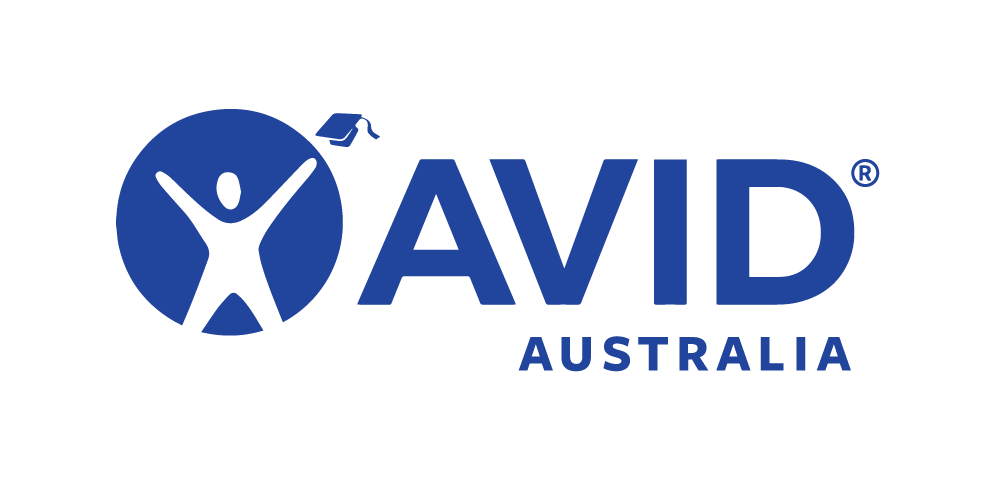Engineers are involved in the design, manufacture and maintenance of a diverse range of products and infrastructure integral to the functioning of society, business and industry. They rely strongly on their creativity and problem solving to turn ideas into reality by applying lateral thinking and mathematical and scientific principles, to develop solutions to problems, needs and opportunities. An engineer also needs to be socially aware and involved in broader community issues; impacts on the environment, sustainable energy, health and safety, and consultation processes to understand social attitudes and opinion.
The Engineering Studies General course provides opportunities for students to investigate, research and present information, design and make products and undertake project development. These opportunities allow students to apply engineering processes, understand underpinning scientific and mathematical principles, develop engineering technology skills and explore the interrelationships between engineering and society. Engineering Studies focuses on metal and uses the Metal Technologies workshop and specialised equipment to provide the appropriate learning environment for this predominately practical and mechanical course.
Prerequisites:
There are no prerequisites for this course but prior success in Metal Technology courses is an advantage.
Syllabus:
The Year 11 syllabus is divided into two units, each of one semester duration, which are typically delivered as a pair. The notional time for each unit is 55 class contact hours.
Unit 1
In this unit, students develop an understanding of the engineering design process. They study and interpret a given design brief, learn a range of research skills and devising methods to develop concepts, then plan and communicate proposed solutions to the given design brief. They study core engineering theory and relevant theory of their chosen specialist area, and learn to integrate and use this knowledge to develop and present proposals for practical solutions.
Students calculate requirements, prepare drawings and produce lists of materials and components and then follow a given timeline to produce, test and evaluate the finished product.
Unit 2
In this unit, students focus on the topics of automation and technical innovation. They investigate engineering examples within these themes and the impact these technologies have on society. Students study and interpret a given design brief. They develop responses to the brief through a process that requires them to engage in a range of activities including: researching similar existing engineered products; sketching, drawing and annotating concepts; and choosing the preferred concept for production as a prototype or working model. Students finalise their chosen design by documenting its specifications in the form of appropriate drawings and lists of materials and components. They follow a given timeline to undertake tasks required to produce, test, and evaluate the product. Core and specialist area theory continues to be studied to forge greater understanding of the scientific, mathematical and technical concepts that explain how engineered products function.
Assessments:
Design: 20%
Production: 70%
Response: 10%
Pathways:
The Engineering Studies General course follows on from the Year 11 course. It is essentially a practical course focusing on real-life contexts. It aims to prepare students for a future in an increasingly technological world, by providing the foundation for life-long learning about engineering. It is particularly suited to those students who are interested in engineering and technical industries as future careers.
More Information:
For further information regarding this course click here.












